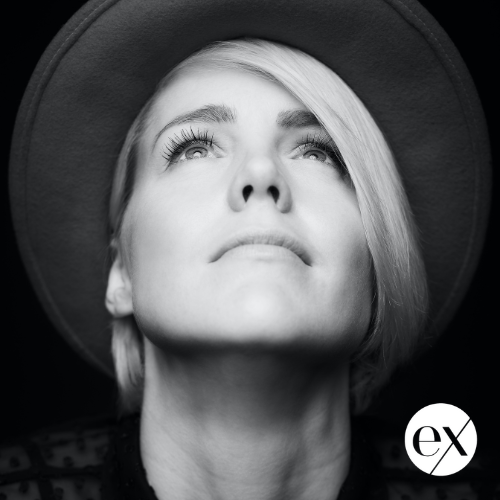
A million questions fly through your mind when trying to find a way to navigate the divorce process. Who should I have on my team? What do I want out of the negotiation? How do I take care of myself when dealing with so much?
These are all questions that Jennifer Warren Medwin helps Jessica and T.H. address on the Divorce etc… podcast. There are so many questions out there, and as a Supreme Court of Florida family mediator and divorce coach, she’s got plenty of experience and advice to help you out.
Preparing for Mediation
The most important thing is to own your process. Take the power back. Many times, people will give that power away to the professionals, whether it’s their lawyer or financial advisor, but it’s crucial to own your process. “The more empowering way to be is to figure out how you can come out with what you want and what you need,” advises Jennifer.
To a certain degree, yes, you have to let your hired professionals speak for you. But one of the benefits of having a divorce coach before mediation is to figure out what outcome you’re aiming for. Then when it’s time to mediate, you can come up with different solutions that meet your needs with no regret years down the line, when you might be thinking you should have decided some things for yourself.
Jennifer believes the best place to start in your divorce process is with a divorce coach. With a coach, you’ll get the information you need, have someone to help you navigate what you want out of a settlement, and help educate you as to what process is going to be best for you.
Finding the Right Divorce Coach
Finding a divorce coach that fits your needs can be a daunting process. Jessica and T.H. have many divorce coaches as part of their exEXPERTS community, and they’re all amazing in their own way. So how do you choose who’s best for you?
In terms of the criteria you should be looking at, it depends on a lot of factors. Where were they certified? How long have they been a divorce coach? Are they only a divorce coach, or also a mediator, a co-parenting instructor? What’s their reputation as a coach? And one other thing Jennifer likes to know is, have they been through a divorce?
You may want a coach who truly understands what you’re going through. But it’s important to remember that no two divorces are the same. “Just because somebody went through a divorce doesn’t mean that they’re experts on the divorce process,” Jennifer discloses. “However, there is a path that people walk down who have been divorced, experiencing all the different tentacles and navigating that, and having compassion and empathy.” These are important characteristics that can make divorce coaches even healthier partners for you as you’re navigating the process yourself.
The Empowerment Dynamic
It’s important to have the right mindset going into your divorce so that you’re accomplishing your goals in the process. One way to do that is with a framework developed by David Emerald that Jennifer lives by, which asks you, are you going to be the victim or the creator?
Jennifer’s spin on this question is one of her own: whether you’re going to go in as a challenger or a persecutor. If you’re in mediation and you want one thing while your soon-to-be ex wants another, are you going to start persecuting them and shutting them down? Or are you going to start challenging them, and coming up with different suggestions in negotiation?
This is what she refers to as the Gray Rock Framework. Most people going into mediation are going to see things as black and white. But there could be shades of gray. You might be afraid of getting 0% or not getting 100% of what you want, but just because you can’t get one doesn’t mean you automatically get the other. There’s always a gray area that you can negotiate so you’re meeting somewhere in the middle. It’s not perfect, but having that flexibility will give the other person a sign that you’re willing to give up a little to meet their needs, too.
The LEAN Framework by Jennifer
L – Let it Be
Clients often come to Jennifer, saying, “Someone told me I have to let it go.” Actually, no, you don’t. It’s almost impossible to truly let something go. But, you can let it be. You can decide how something impacts you and how you move forward.
E – Empower
How can you empower yourself? In the word “empower,” the first two letters are “EM,” or if you flip them, “ME.” All of your power stems from yourself. And as Jennifer wisely puts it, “Happiness is an inside job.”
What can you do to move forward and empower yourself? A divorce coach can provide a sounding board for your thoughts, prepare you for your meetings, and allow you to go in ready to stick to your goals. Jennifer’s clients will go in solely focused on the business of divorce, prepped with communication and conflict management skills that help get them in and out of the meeting without going overboard emotionally.
A – Accept
As human beings, we have a hard time accepting what is. A lot of us believe that once we accept something, that means that what’s happened is okay. That’s not the case.
“You’re working on coming to terms with it,” Jennifer explains. “You’re working on having an open mindset so that you can move forward.” At the end of the day, that’s all going to empower you to move forward and empower yourself.
Leave a Comment
You must be logged in to post a comment.










